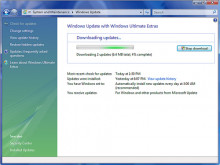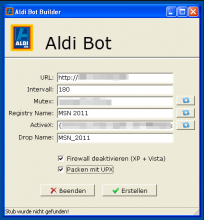Orange offers free security and parental control software
Parental controls and the safety of children online is a hot topic at the moment, and while last week saw a confusing time when no-one was sure whether parental controls would be opt-in or opt-out for new customers at four major providers, Orange quietly announced an offer to give customers free access to controls for 12 months.













































































